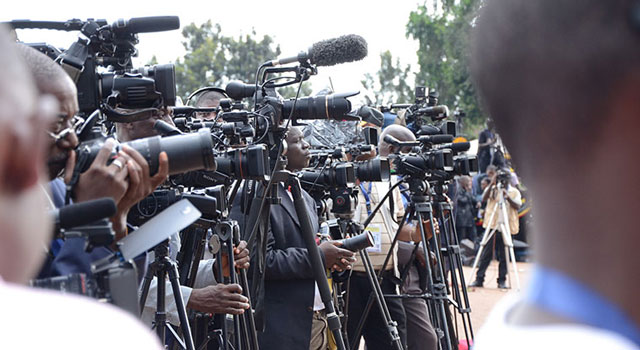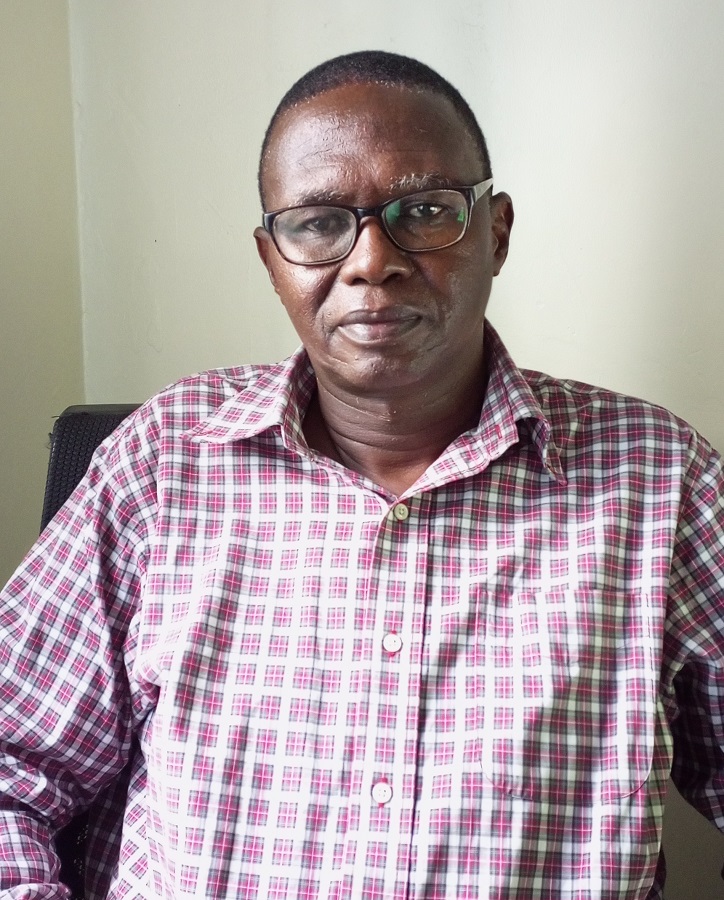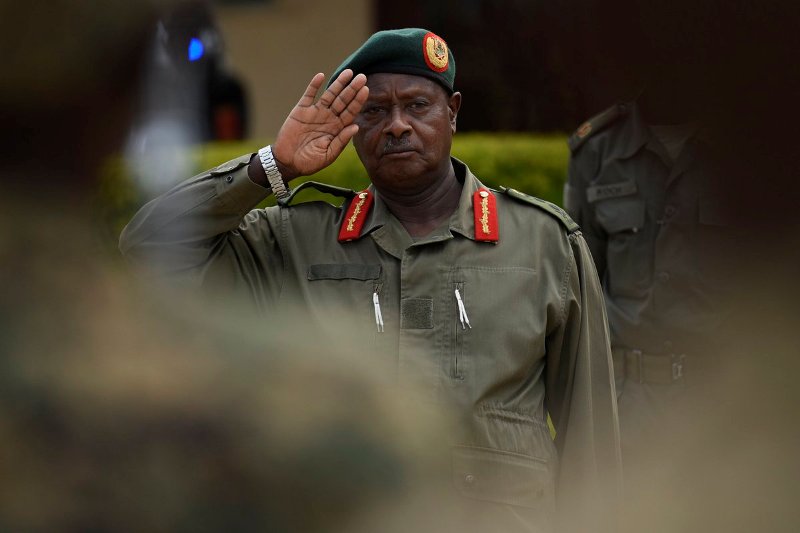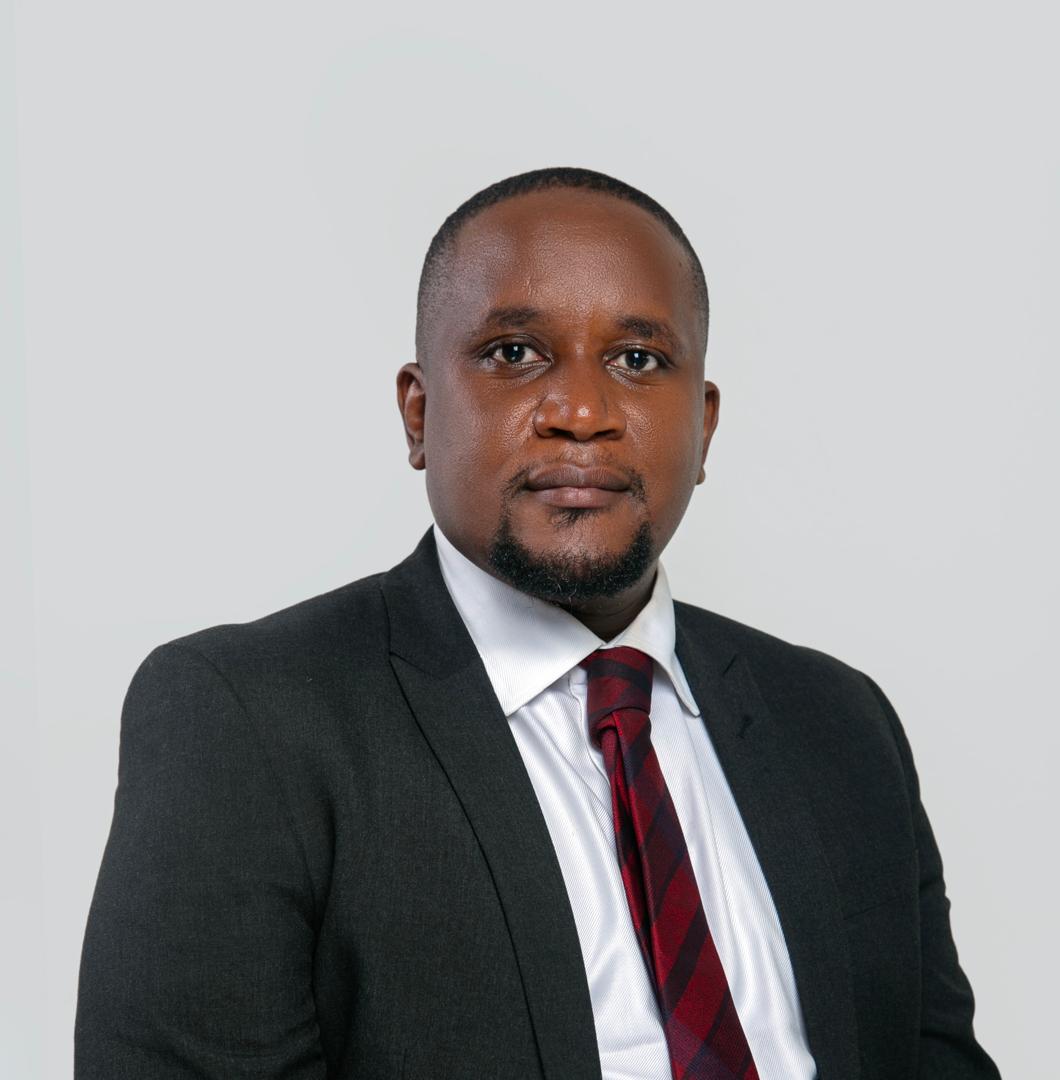Will legal rulings protect journalists during Uganda’s 2026 elections?
The decision has been hailed as a victory for press freedom, but it also raises critical questions about the future of media safety and accountability in Uganda's volatile political landscape.

As Uganda gears up for the 2026 general elections, a recent High Court ruling has sparked conversations about the safety and rights of journalists in the country.
The court ordered the government to compensate two New Vision journalists, Timothy Murungi and Henry Sekanjako, with Shs75 million each, after they were assaulted by Uganda People’s Defence Forces (UPDF) soldiers while covering a protest in February 2021.
The decision has been hailed as a victory for press freedom, but it also raises critical questions about the future of media safety and accountability in Uganda’s volatile political landscape.
For many in the media fraternity, this ruling marks a significant step towards holding security forces accountable for their treatment of journalists. However, experts caution that compensation alone may not be enough to prevent future attacks on the press, especially as political tensions escalate in the lead-up to the elections.
Dr. Monica Kizza, a media law expert and lecturer, argues that while the court’s decision is a positive development, it does not address the root causes of violence against journalists. “The compensation awarded to Murungi and Sekanjako is a form of justice, but it is reactive rather than preventive,” Dr. Kizza explains. “We need systemic changes that ensure such incidents do not happen in the first place. This includes clear protocols for how security forces interact with the media during protests and election coverage.”
The incident involving Murungi and Sekanjako is not isolated. During the 2021 general elections, numerous journalists were subjected to harassment, beatings, and unlawful arrests while covering political events, particularly those involving opposition leaders like Robert Kyagulanyi (Bobi Wine). In many cases, security forces acted with impunity, often citing concerns about public order as justification for their actions.
Several sources have ranked Uganda among the countries with the most reported cases of violence against media practitioners in East Africa. These highlight a troubling trend of increased hostility towards journalists during election periods, a pattern that threatens the principles of free speech and democracy.
“The attacks on journalists have a chilling effect on media freedom,” notes Dr. Kizza. “When journalists are assaulted or threatened, it sends a message to others that reporting on sensitive political issues could come at a personal cost. This undermines the media’s role as a watchdog, especially during elections when the public relies on unbiased information to make informed decisions.”
Compensation as a Deterrent: Hope or False Promise?
The compensation awarded to Murungi and Sekanjako is seen as a legal acknowledgment of the harm caused by security forces. However, the effectiveness of such rulings as a deterrent remains in question.
The government’s decision to comply with the court’s order is a welcome move, but media rights advocates argue that a one-time payment is not enough to address the broader issue of press safety. The concern is that without a strong legal framework and enforcement mechanisms, security forces may continue to act with impunity.
“Compensation provides some relief to the victims, but it does not hold the individual perpetrators accountable,” says Dr. Kizza. “We need to see prosecutions of the officers involved and clear disciplinary measures taken against those who abuse their power. Without these steps, the culture of impunity will persist.”
To truly protect journalists, experts suggest that Uganda needs comprehensive legal reforms that go beyond financial compensation. This includes implementing and enforcing laws that explicitly safeguard journalists’ rights during election coverage, as well as training security forces on media relations and press freedom.
Dr. Kizza advocates for the establishment of a special task force that includes representatives from the media, security forces, and the judiciary to monitor and respond to incidents of violence against journalists during the election period. “Such a task force could act as a deterrent by providing immediate oversight and ensuring swift action against any violations,” she says.
Furthermore, media rights organizations like the Uganda Journalists Association (UJA) have been calling for the government to ratify the African Union’s Declaration on Freedom of Expression and Access to Information. This declaration, which emphasizes the protection of journalists, could serve as a legal framework to hold the state accountable for any violations of press freedom.
The Road Ahead to the 2026 Elections
With the 2026 general elections drawing near, the stakes are high for both the media and the public. Journalists will once again be on the front lines, covering rallies, protests, and political campaigns in a highly polarized environment. The recent compensation ruling offers a glimmer of hope, but the true test will be in how the government and security forces handle media coverage in the coming months.
For journalists like Timothy Murungi and Henry Sekanjako, the ruling is a bittersweet victory. While they welcome the court’s decision, they know firsthand the risks that come with covering sensitive political issues. “This compensation is a form of justice, but we also need assurance that our safety will be prioritized in the future,” Murungi stated in a recent interview.
As Uganda prepares for its next electoral cycle, the country faces a critical juncture. Will the legal system continue to support press freedom and hold violators accountable, or will incidents of violence against journalists become yet another footnote in the story of Ugandan elections?







